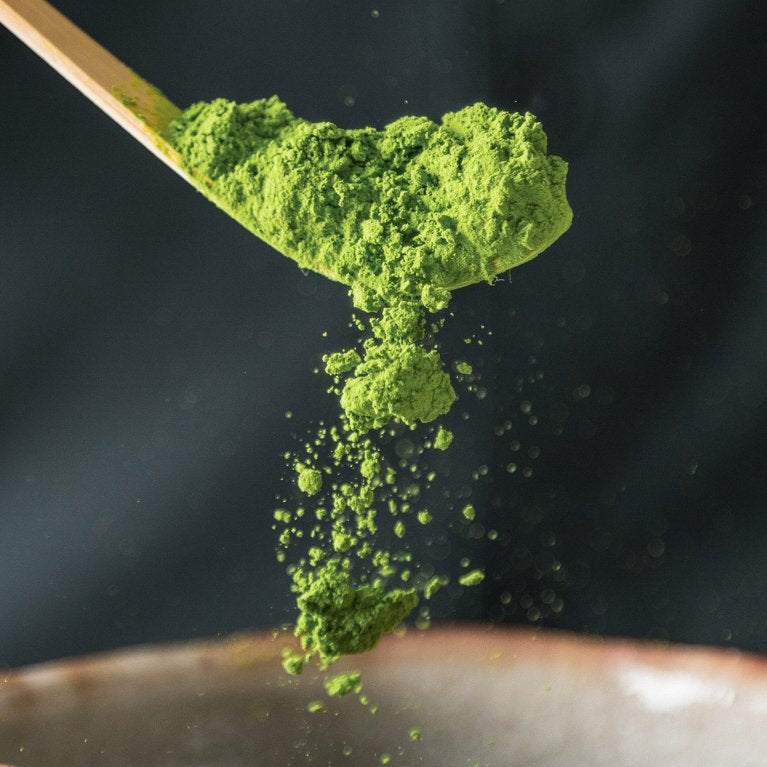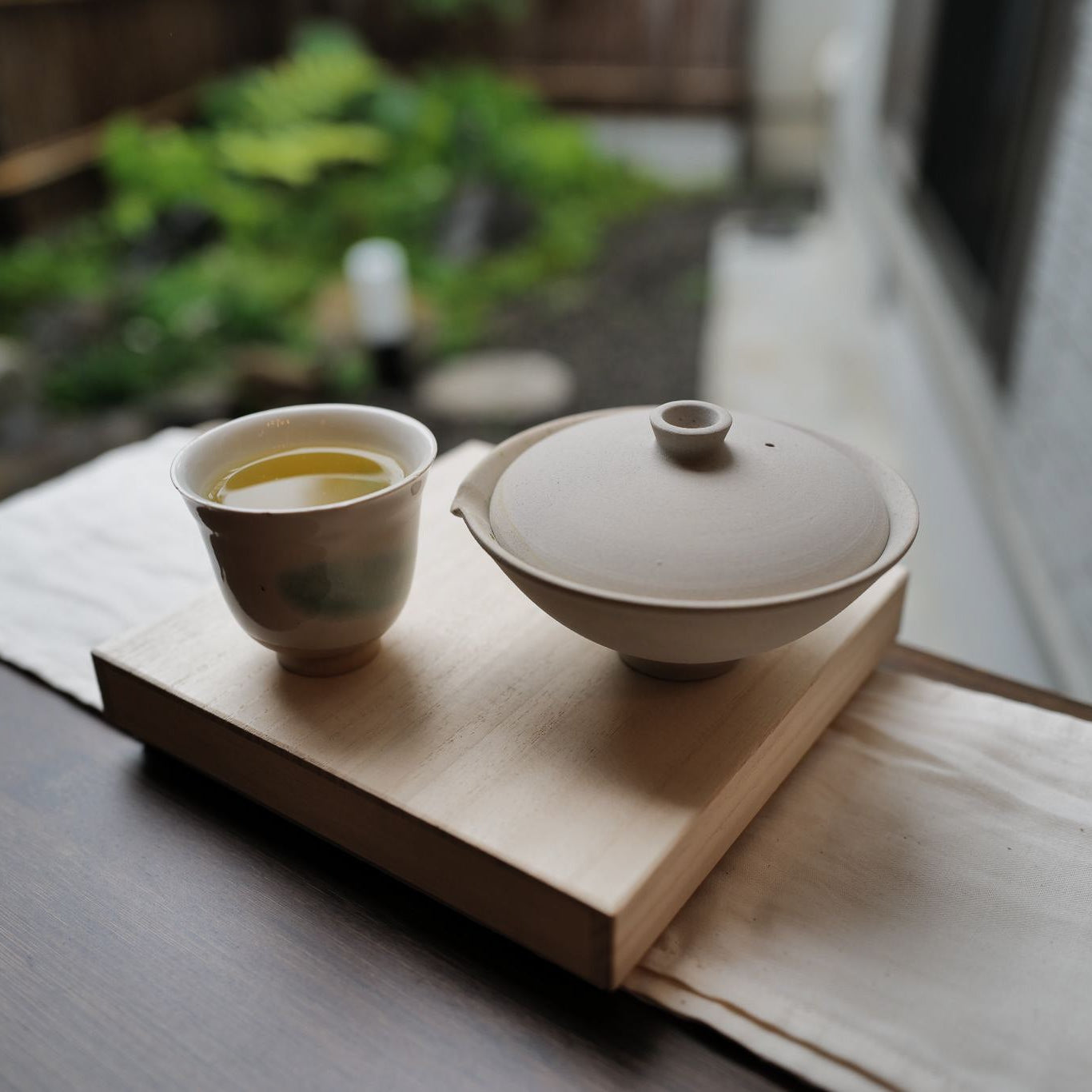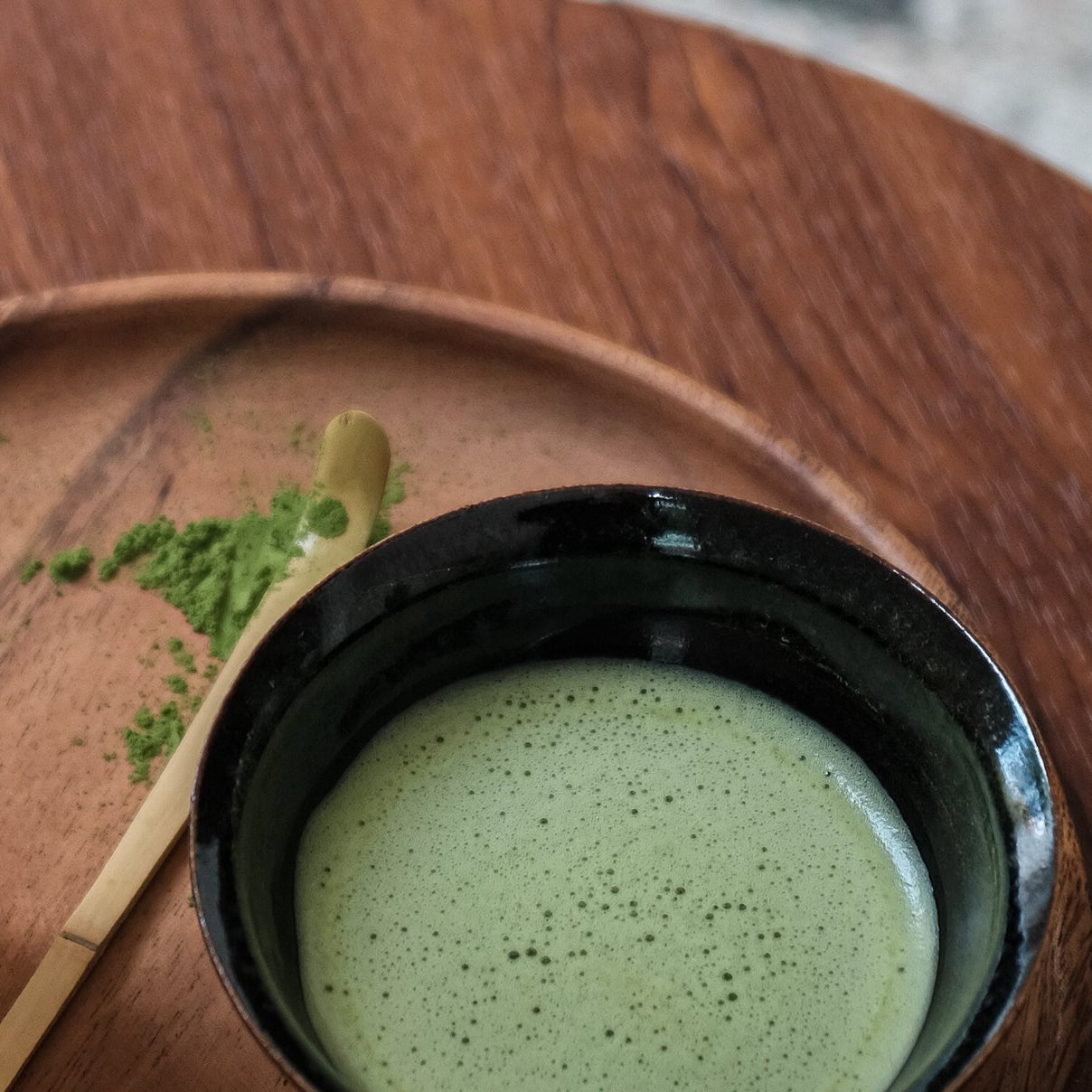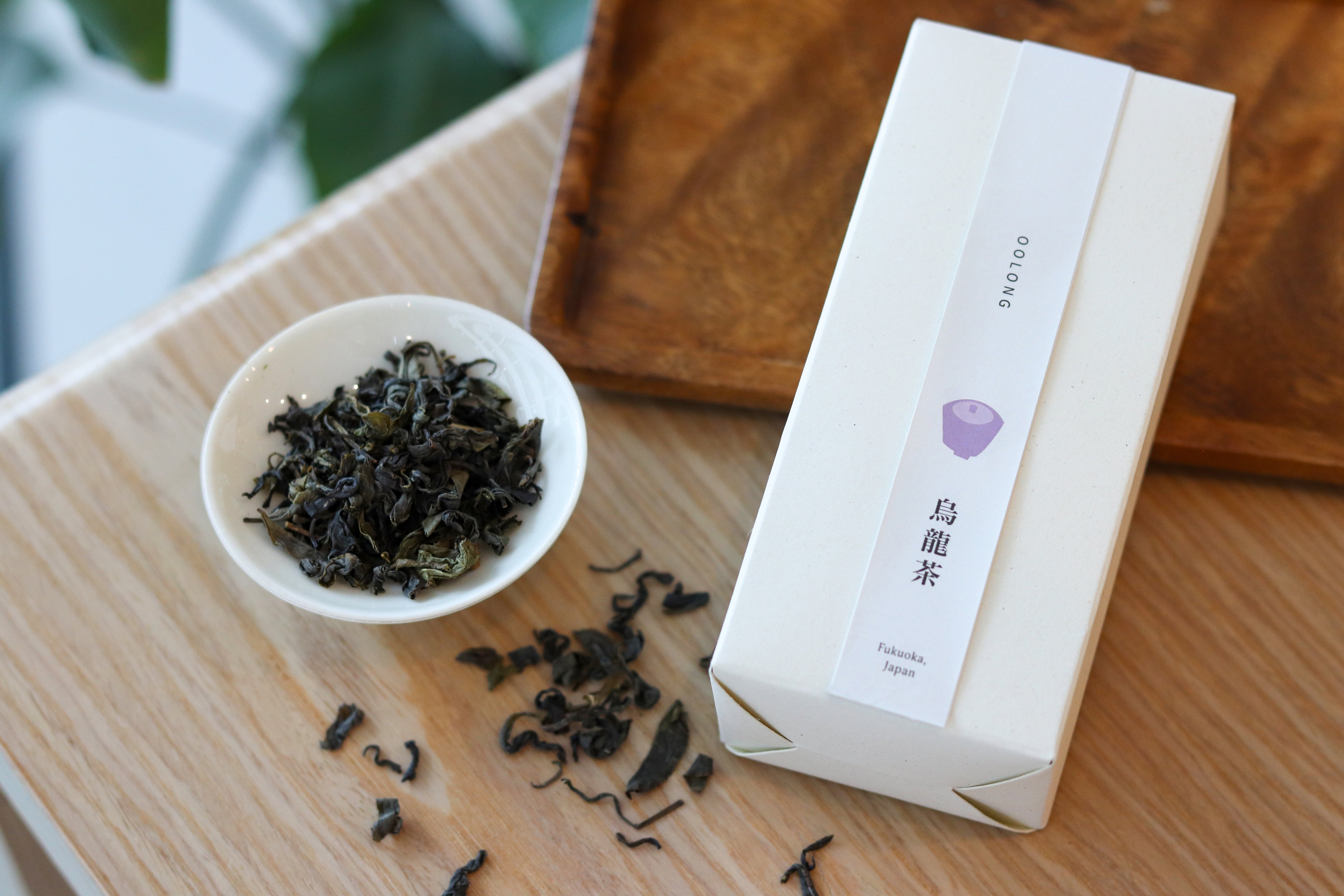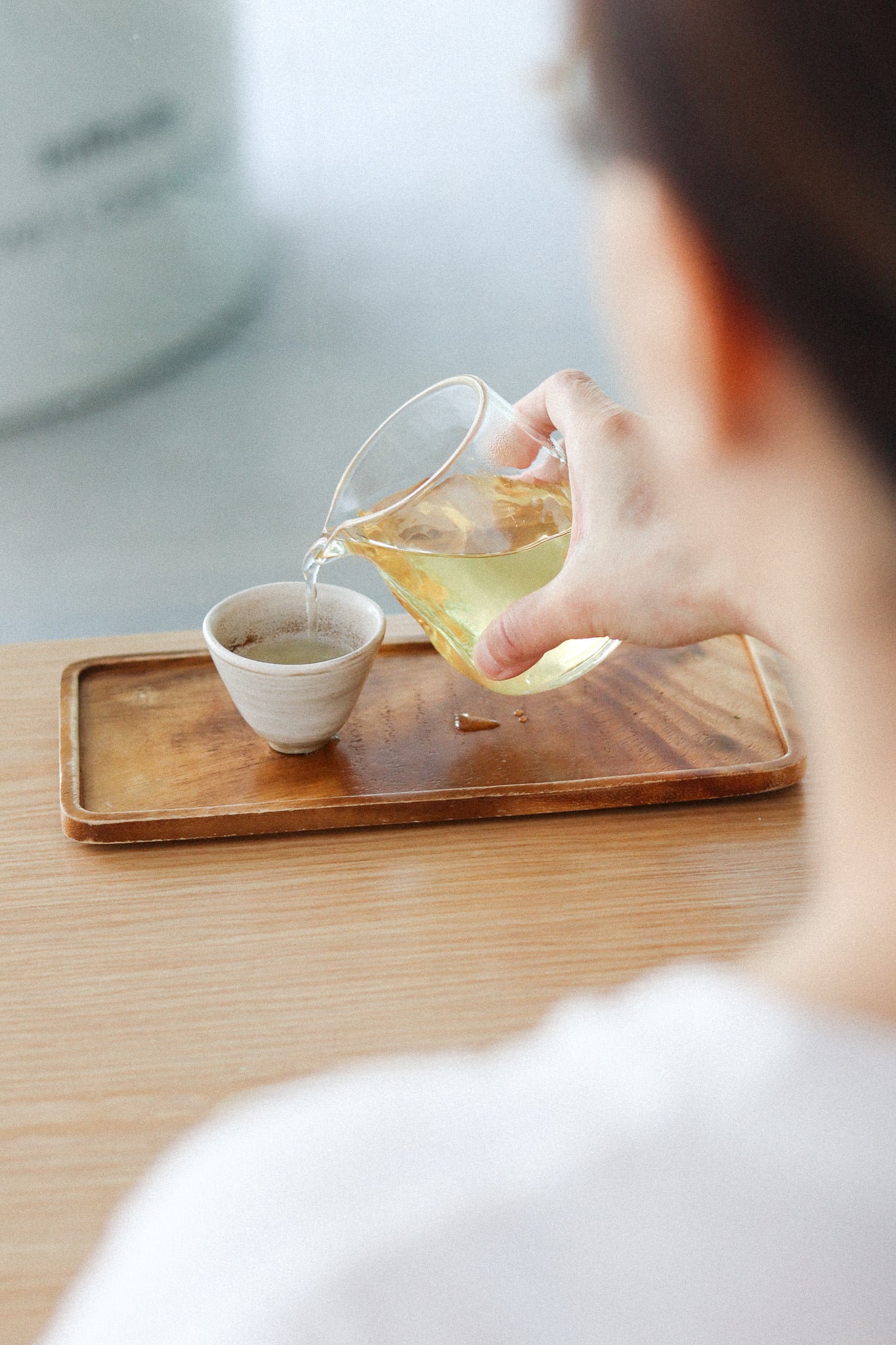HOJICHA TEA
by Hao Jing | October 10, 2019
Third Wave Tea Series
First of the Third Wave Tea series, we explore one of the up and coming tea that is gaining traction around the world — the Hojicha tea.
The smell is so woody it envelopes your nostrils in the room. There is a tinge of roast as you sieve out its constituent: tea. You wonder what it is, as you see the baristas collecting small batches of brownish-black stems and leaves together. Once on your palate, it is a light, smoky and sweet flavour. For many, hojicha is a love at first sip.
But it hasn’t always been like this. The first of hojicha came about by roasting the leftovers of processed tea — leftover tea leaves, stems, stalks and twigs. Hojicha was sighted as a less prestigious tea because of the lower-grade and inferior leaves used for roasting, albeit nice-smelling. Bancha, the second of leaves collected during processing, is the staple used for hojicha-making. Traditional hojicha has only the taste of roast because they are heavily roasted to hide the flaws. By doing so, the leaves also lose the characteristics of the natural sweetness that farmers invested time and effort in cultivating them.
Today’s tide has changed. With the third wave of coffee hitting international shores, many are shedding light on the bean to cup philosophy to bring justice to the beverages we consume daily. Inspired, we started asking ourselves if we could rethink the humble hojicha — one that is complimentary in many Japanese restaurants in Japan.
Thus we started our own roast lab, and experimented with different tea materials as well as the roast level. That was when we realised that there was so much to be learned. An entire universe of possibilities in hojicha opened up as well. We found that increasing the proportion of stem (first flush sencha stems) in the tea mix increases its natural sweetness; using tencha (raw material for matcha) enhanced its umaminess; and doing a lighter roast allowed the beauty of the tea to shine through.
We are still a long way from perfection. Perhaps we will never get there, too. But we will continue to pour our hearts into it, and keep moving forward.

